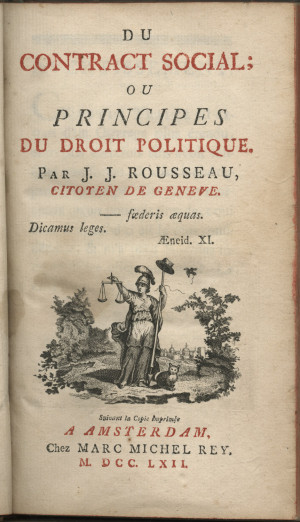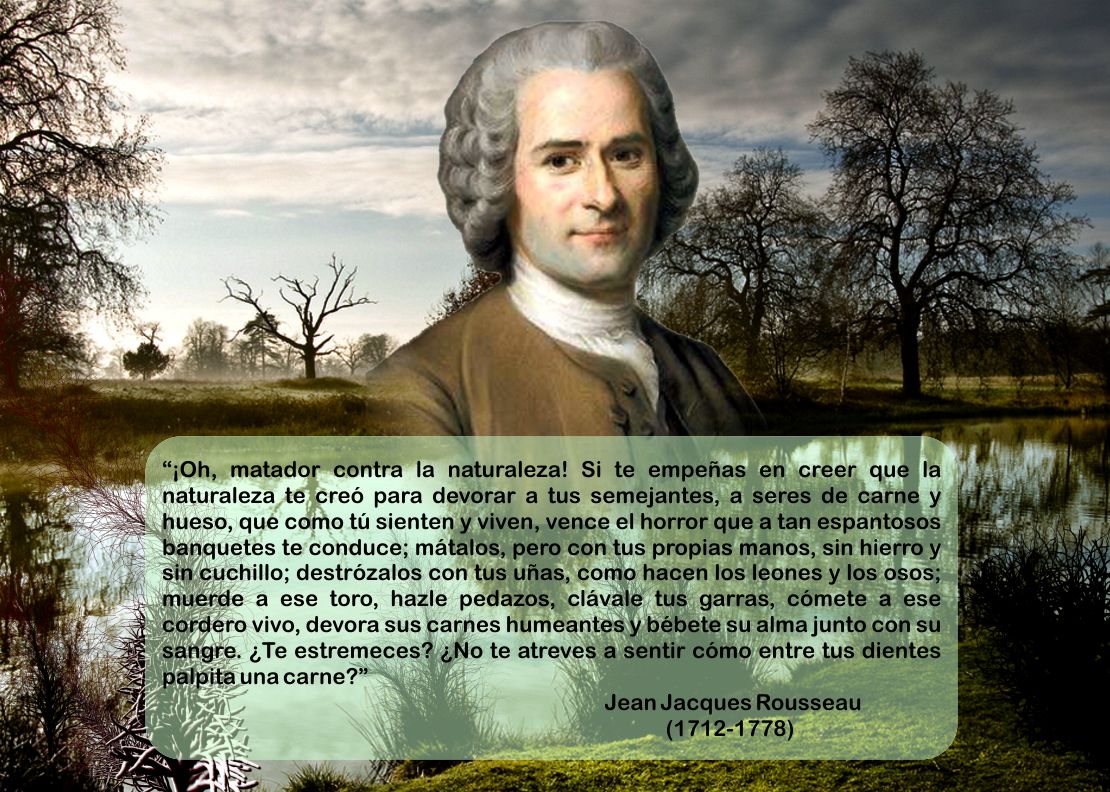

The introduction of private property marked a further step toward inequality, since it made law and government necessary as a means of protecting it. What Rousseau called “nascent societies” were formed when human began to live together as families and neighbours that development, however, gave rise to negative and destructive passions such as jealousy and pride, which in turn fostered social inequality and human vice. Rousseau, in Discours sur l’origine de l’inegalité (1755 Discourse on the Origin of Inequality), held that in the state of nature humans were solitary but also healthy, happy, good, and free.

Learn about the major environmental problems facing our planet and what can be done about them! Saving Earth Britannica Presents Earth’s To-Do List for the 21st Century.

100 Women Britannica celebrates the centennial of the Nineteenth Amendment, highlighting suffragists and history-making politicians.COVID-19 Portal While this global health crisis continues to evolve, it can be useful to look to past pandemics to better understand how to respond today.Student Portal Britannica is the ultimate student resource for key school subjects like history, government, literature, and more.This Time in History In these videos, find out what happened this month (or any month!) in history.#WTFact Videos In #WTFact Britannica shares some of the most bizarre facts we can find.Demystified Videos In Demystified, Britannica has all the answers to your burning questions.Britannica Classics Check out these retro videos from Encyclopedia Britannica’s archives.Britannica Explains In these videos, Britannica explains a variety of topics and answers frequently asked questions.


 0 kommentar(er)
0 kommentar(er)
